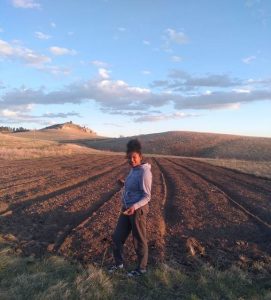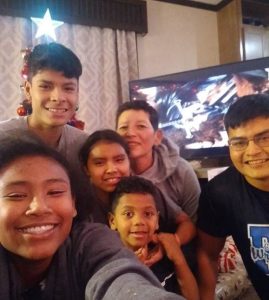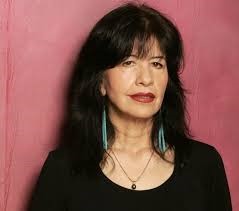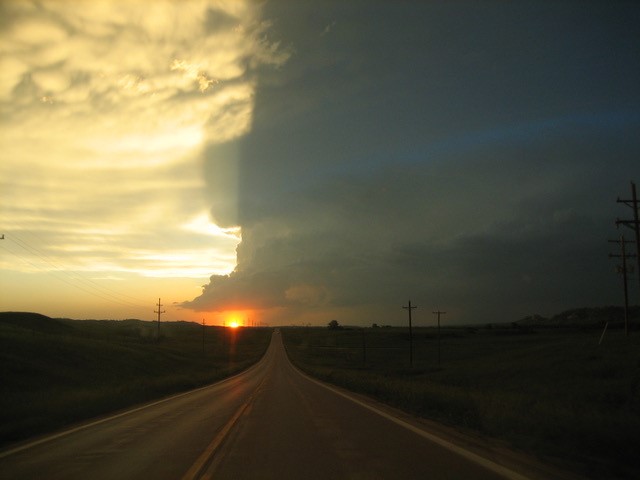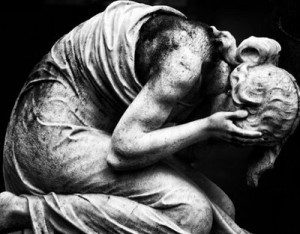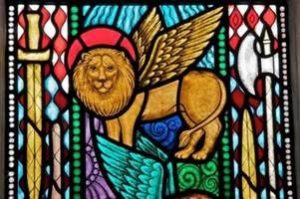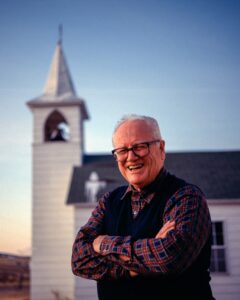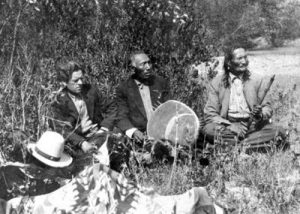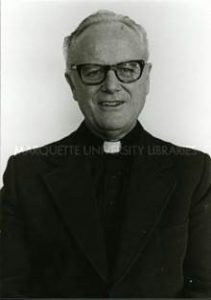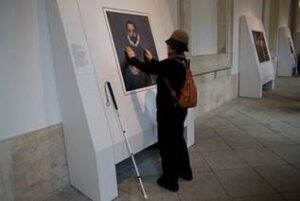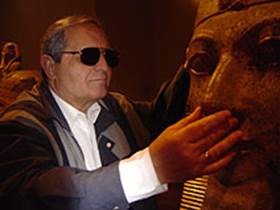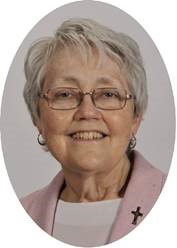September 11 – Mary Tobacco & Joy Harjo
This week ends with bright September sun & its crisp wind gusts. For me, today’s morning stillness stirs memories of two great native women, soul friends both Poet Laureate Joy Harjo and Mary Tobacco. Mary, a Lakota tribal leader on Pine Ridge, and Creek poet Joy Harjo are soul friends. They share a love of land and sky, an intimate understanding of the beauty and fatigue of poverty often marked with racism but also with the deep harmonics both women can hear as they live more and more closely with earth and sky. Last May, Mary told me playful stories about the way her children honored her on Mothers’ Day (i.e., cleaning the trailer house and helping with the next steps in building a new one-acre garden with its rich promise of vegetables for the summer season).
Anya at the new garden’s edge May 9, 2020
Mom and the kids
Joy Harjo “Talking with the Sun” (in Conflict Resolution for Holy Beings).
How does a grandmother carry her fourth granddaughter out into the sun on a rainy New York Times Square morning? You could read the poem with pauses. Or you may imagine driving along SD highway 18 as the sunset shows off a front being pushed East by a storm’s energy.
Have a blest weekend,
john sj
Today’ Post Joy Harjo “Talking with the Sun”
I believe in the sun.
In the tangle of human failures of fear, greed, and
forgetfulness, the sun gives me clarity.
When explorers first encountered my people, they called us
heathens, sun worshippers.
They didn’t understand that the sun is a relative, and
illuminates our path on this earth.
After dancing all night in a circle we realize that we are a
part of a larger sense of stars and planets dancing with us
overhead.
When the sun rises at the apex of the ceremony, we are
renewed.
There is no mistaking this connection, though Walmart
might be just down the road.
Humans are vulnerable and rely on the kindnesses of the
earth and sun; we exist together in a sacred field of
meaning.
Our earth is shifting. We can all see it.
I hear from my Inuit and Yupik relatives up north that
everything has changed. It’s so hot; there is not enough
winter.
Animals are confused. Ice is melting.
The quantum physicists have it right; they are beginning to
think like Indians: everything is connected dynamically
at an intimate level.
When you remember this, then the current wobble of the
earth makes sense. How much more oil can be drained,
Without replacement; without reciprocity?
I walked out of a hotel room just off Times Square at dawn
to find the sun.
It was the fourth morning since the birth of my fourth
granddaughter.
This was the morning I was to present her to the sun, as a
relative, as one of us. It was still dark, overcast as I walked
through Times Square.
I stood beneath a twenty-first century totem pole of symbols
of multinational corporations, made of flash and neon.
The sun rose up over the city but I couldn’t see it amidst the
rain.
Though I was not at home, bundling up the baby to carry
her outside,
I carried this newborn girl within the cradleboard of my
heart.
I held her up and presented her to the sun, so she would be
recognized as a relative,
So that she won’t forget this connection, this promise,
So that we all remember, the sacredness of life.
Joy Harjo: Poet Laureate June 19, 2019
Born: May 9, 1951 (age 68); Tulsa, Oklahoma
Highway 18, c. 3.9 miles from Mary Tobacco’s home

